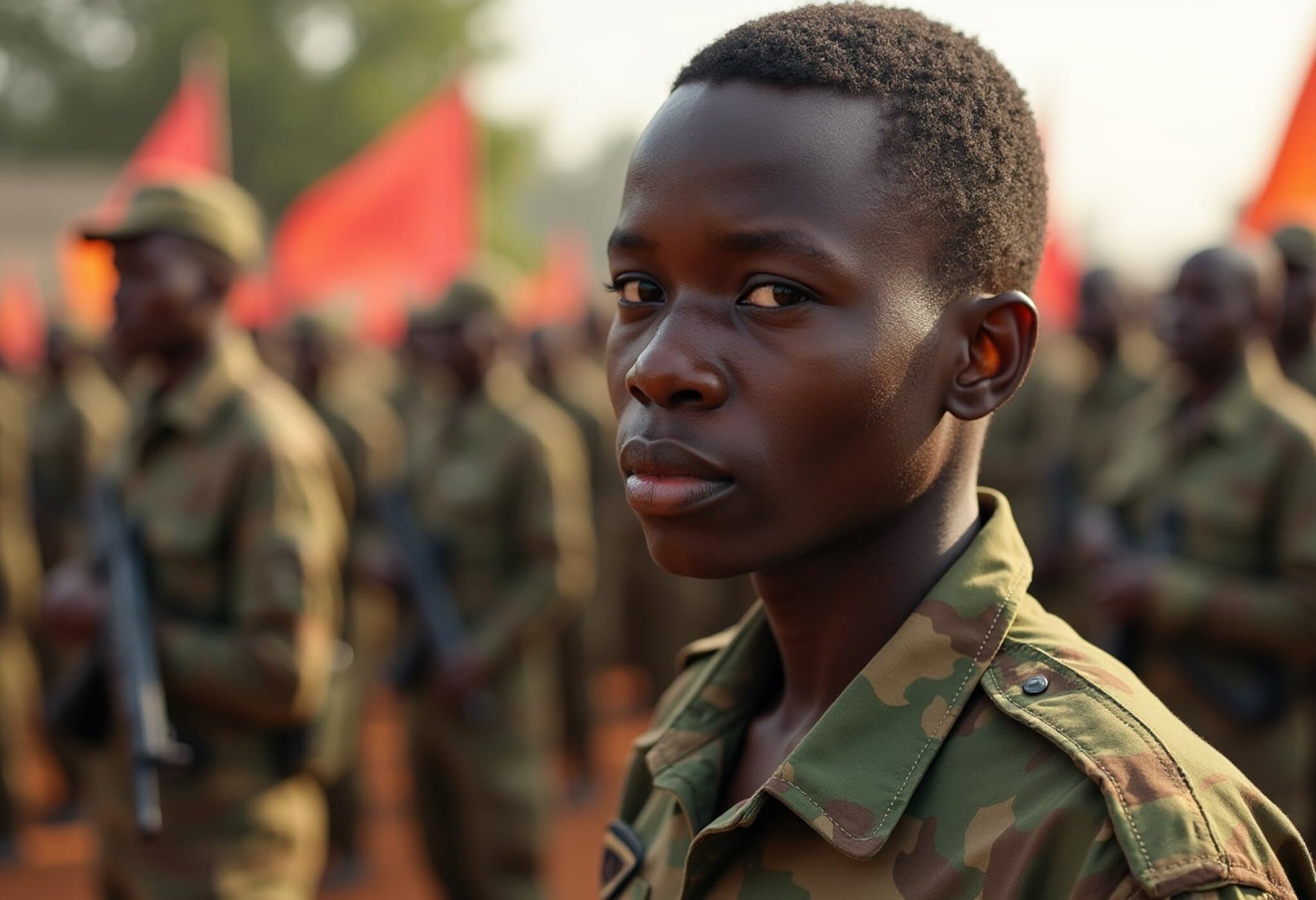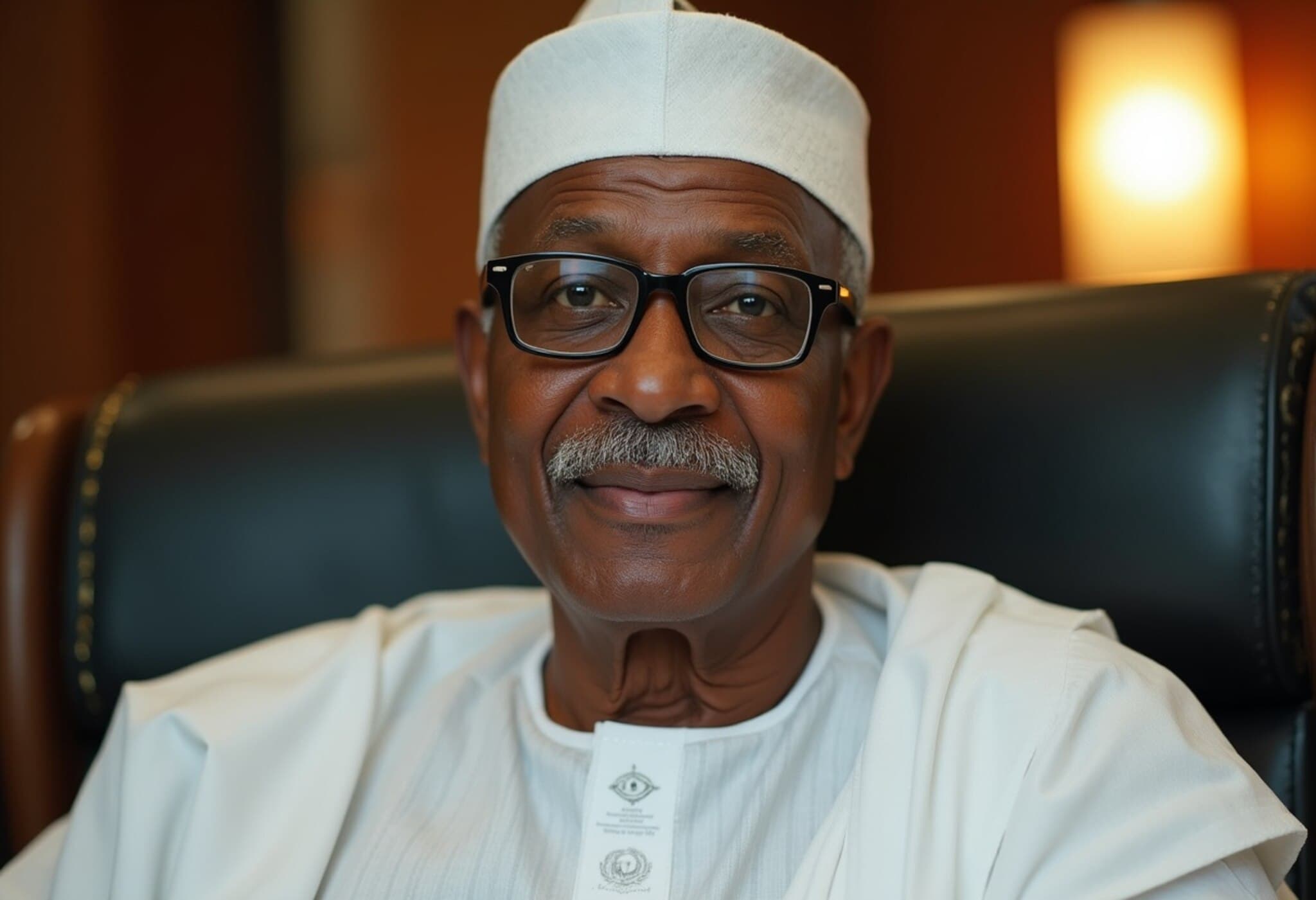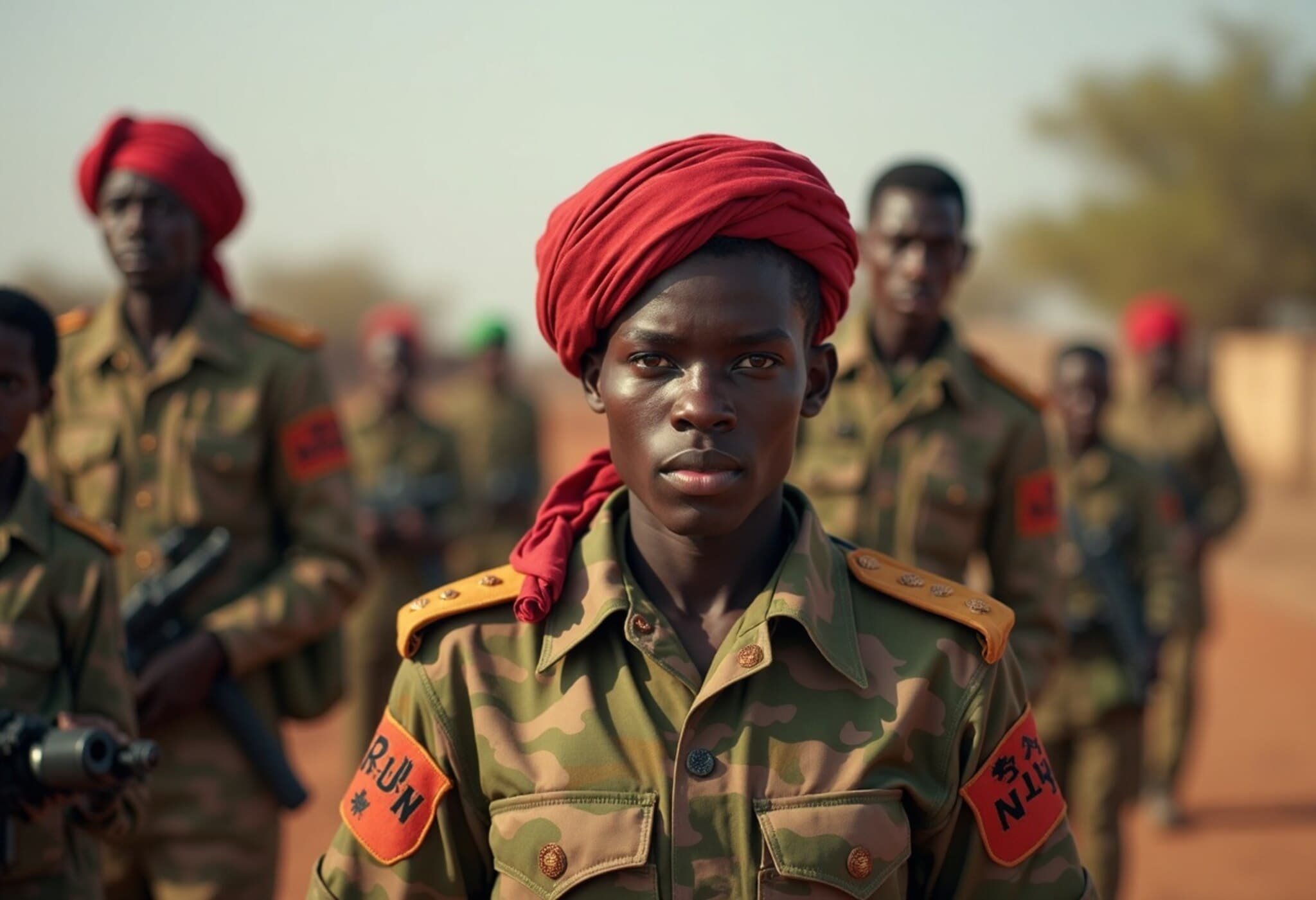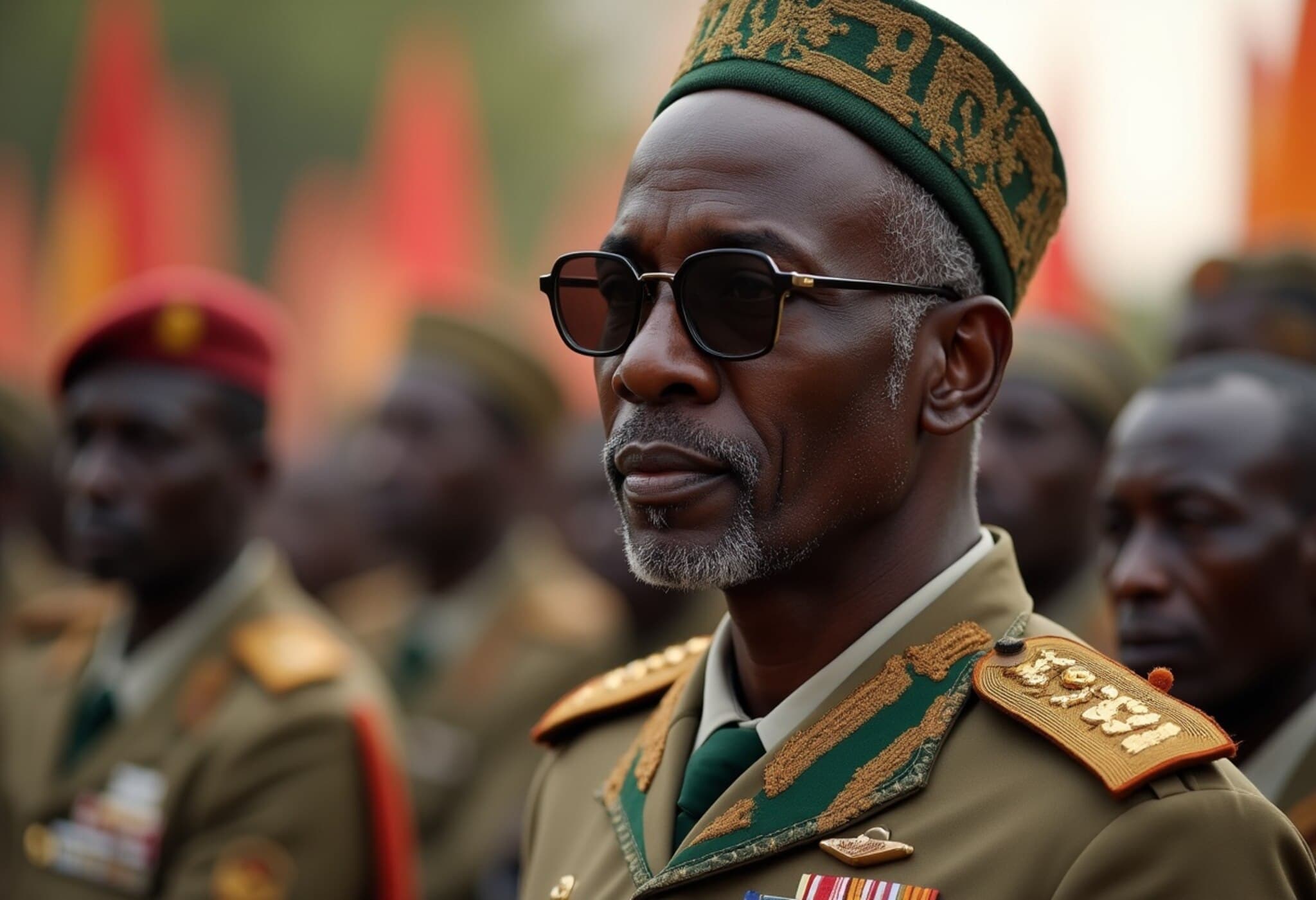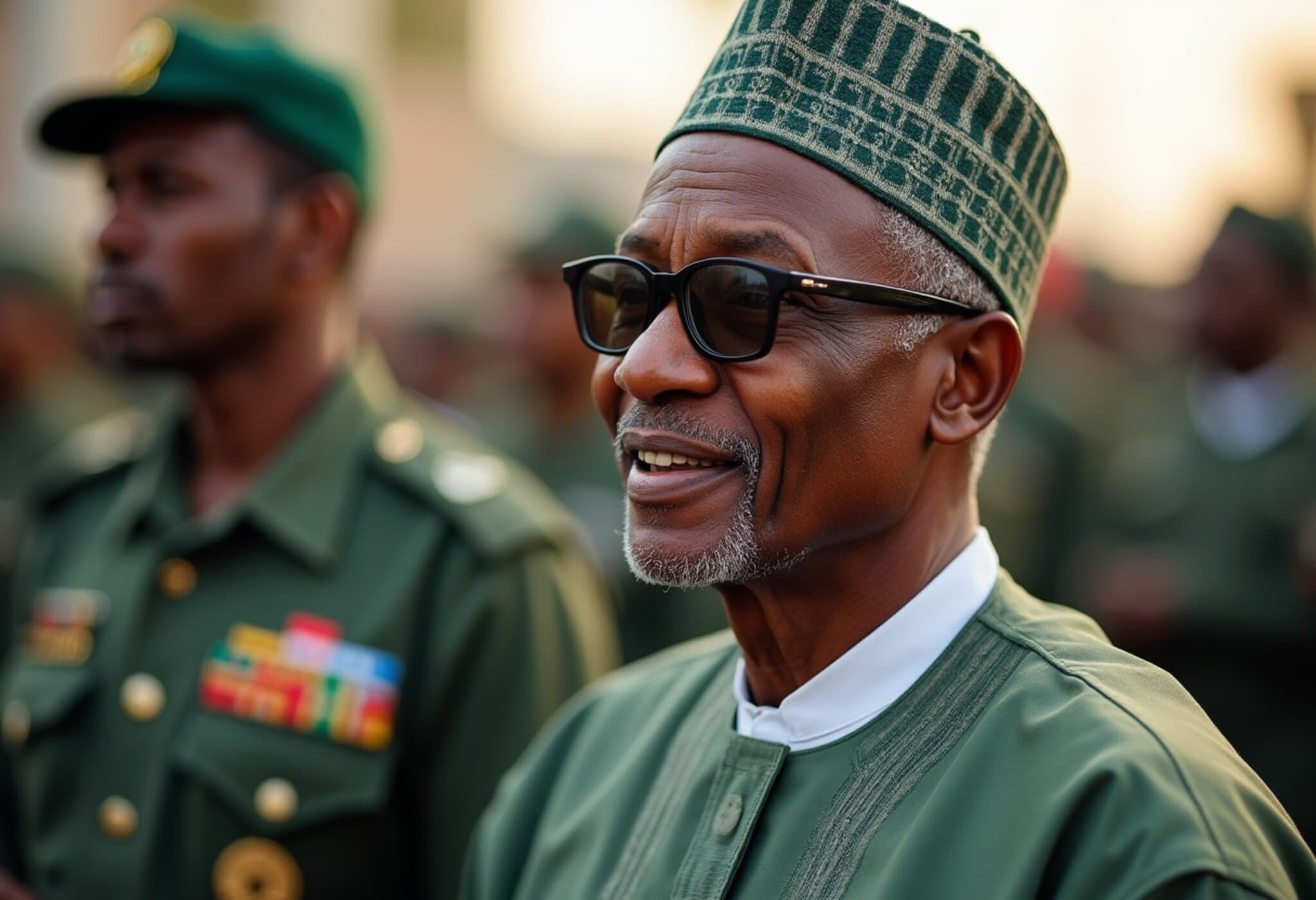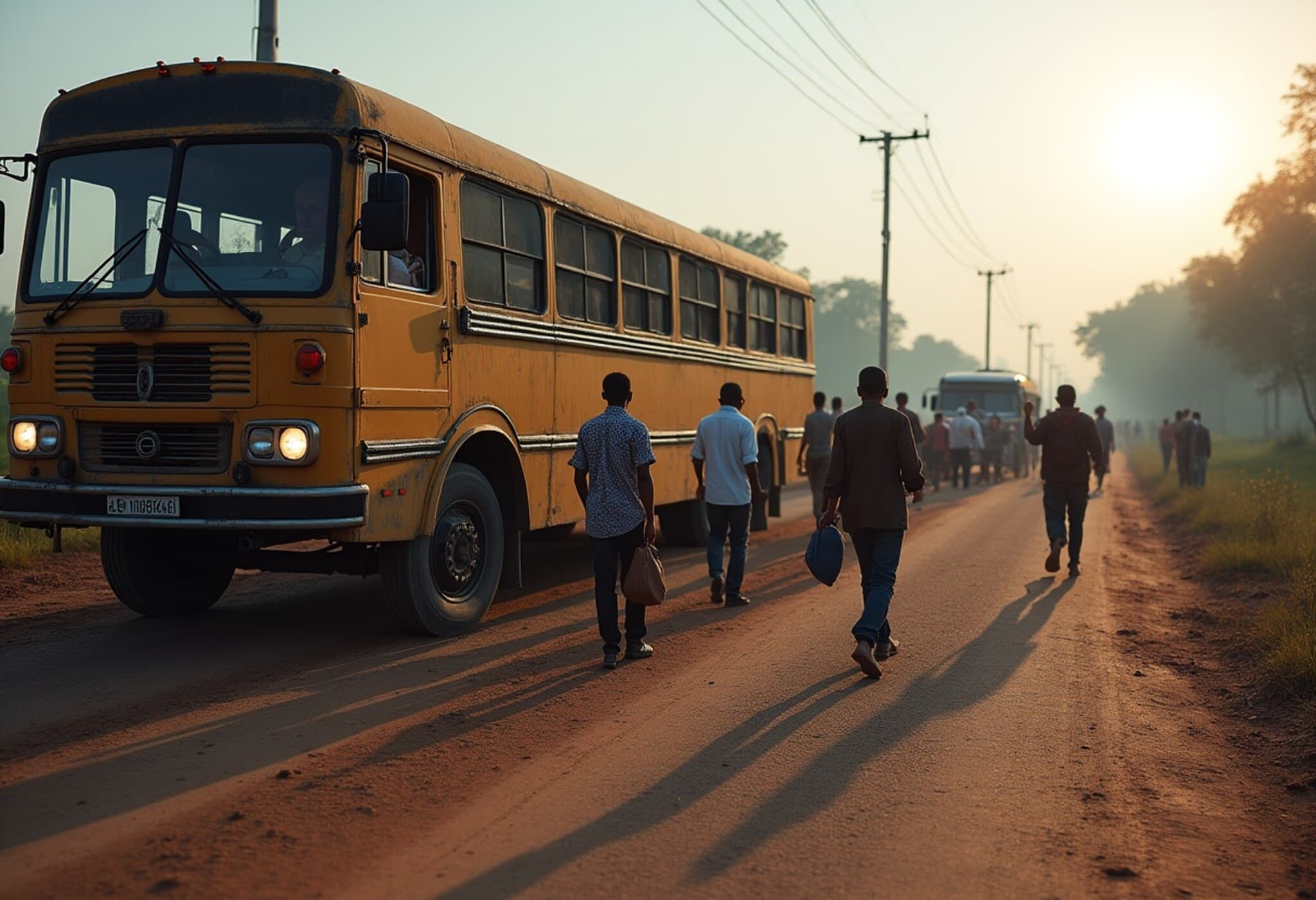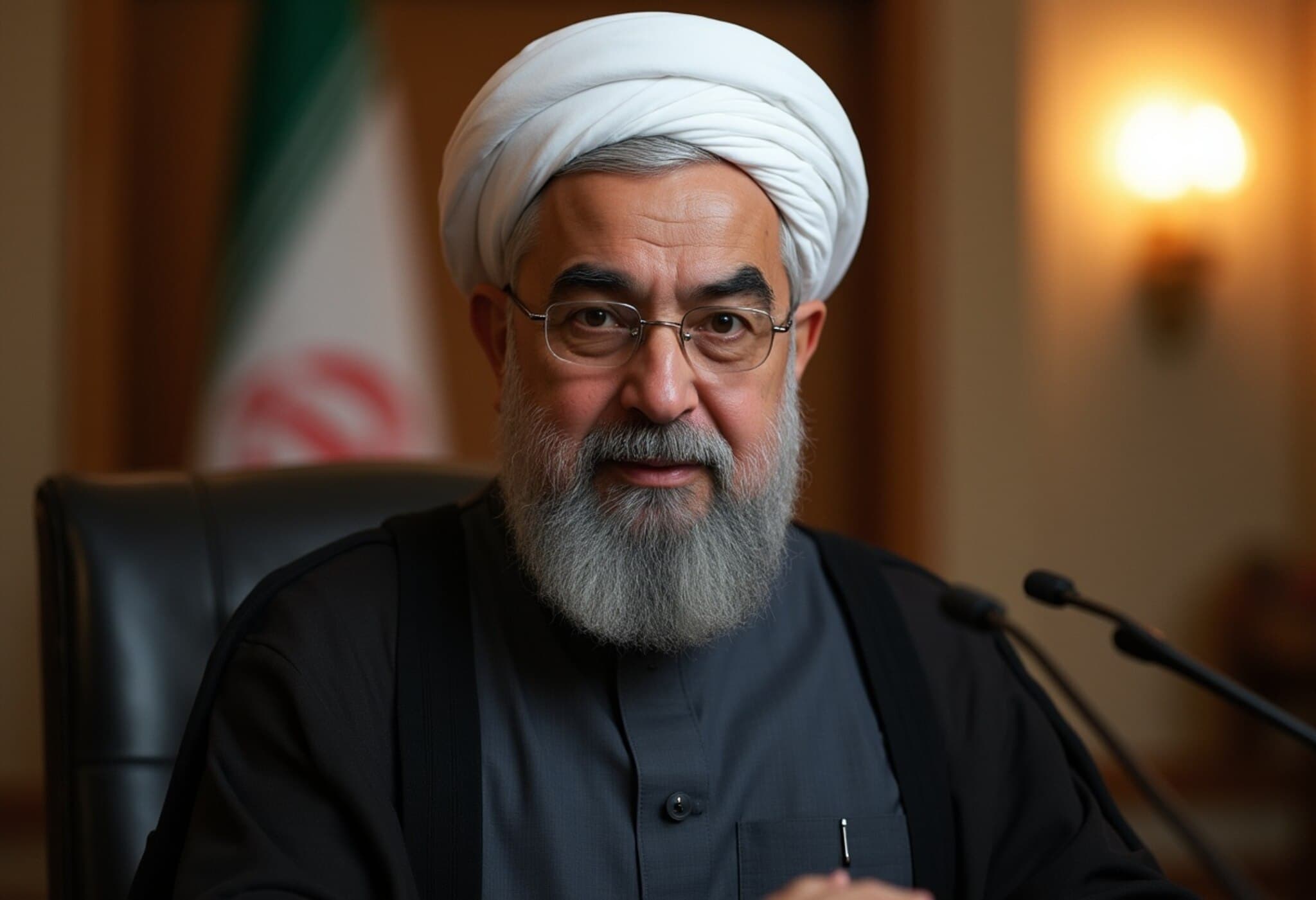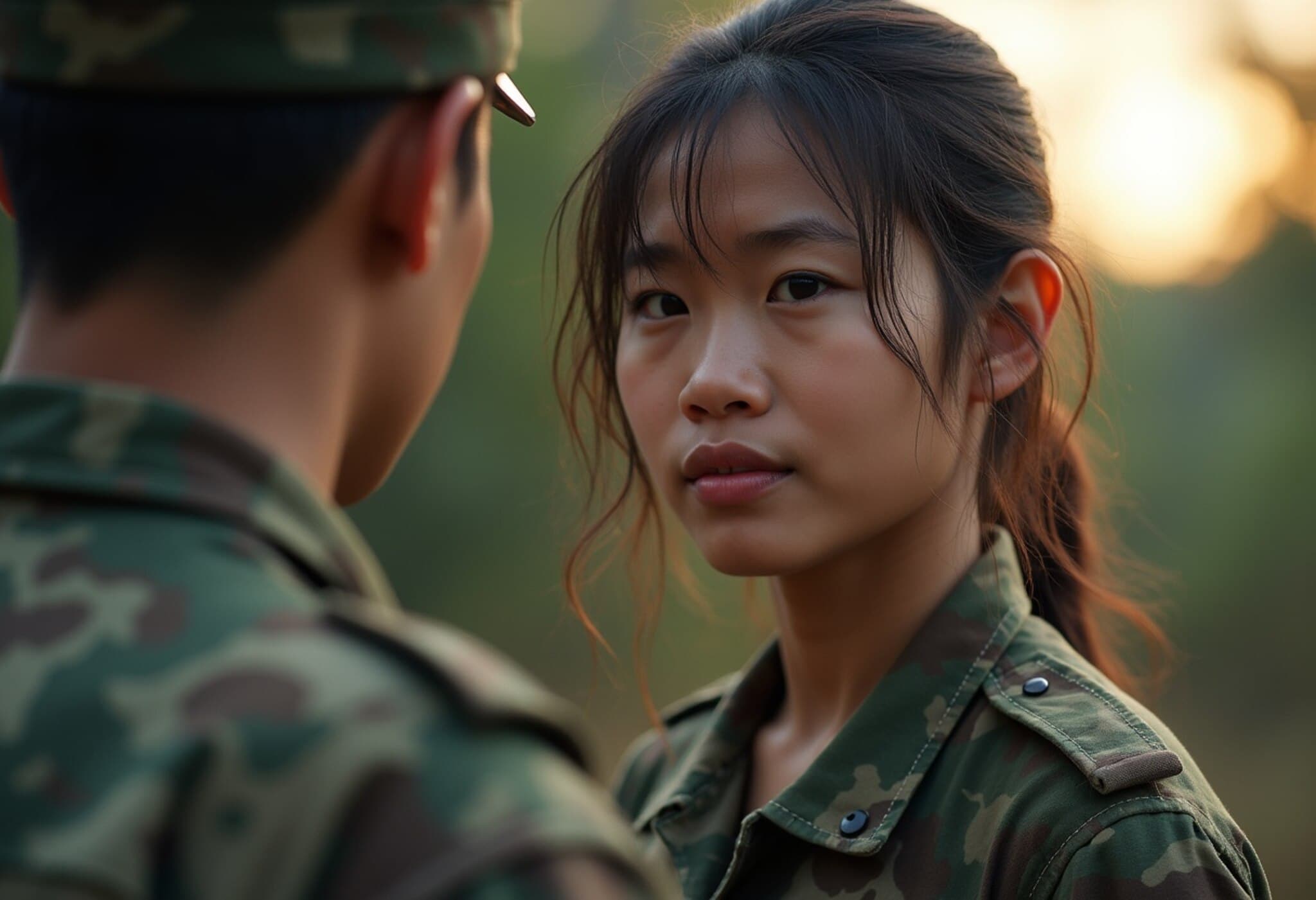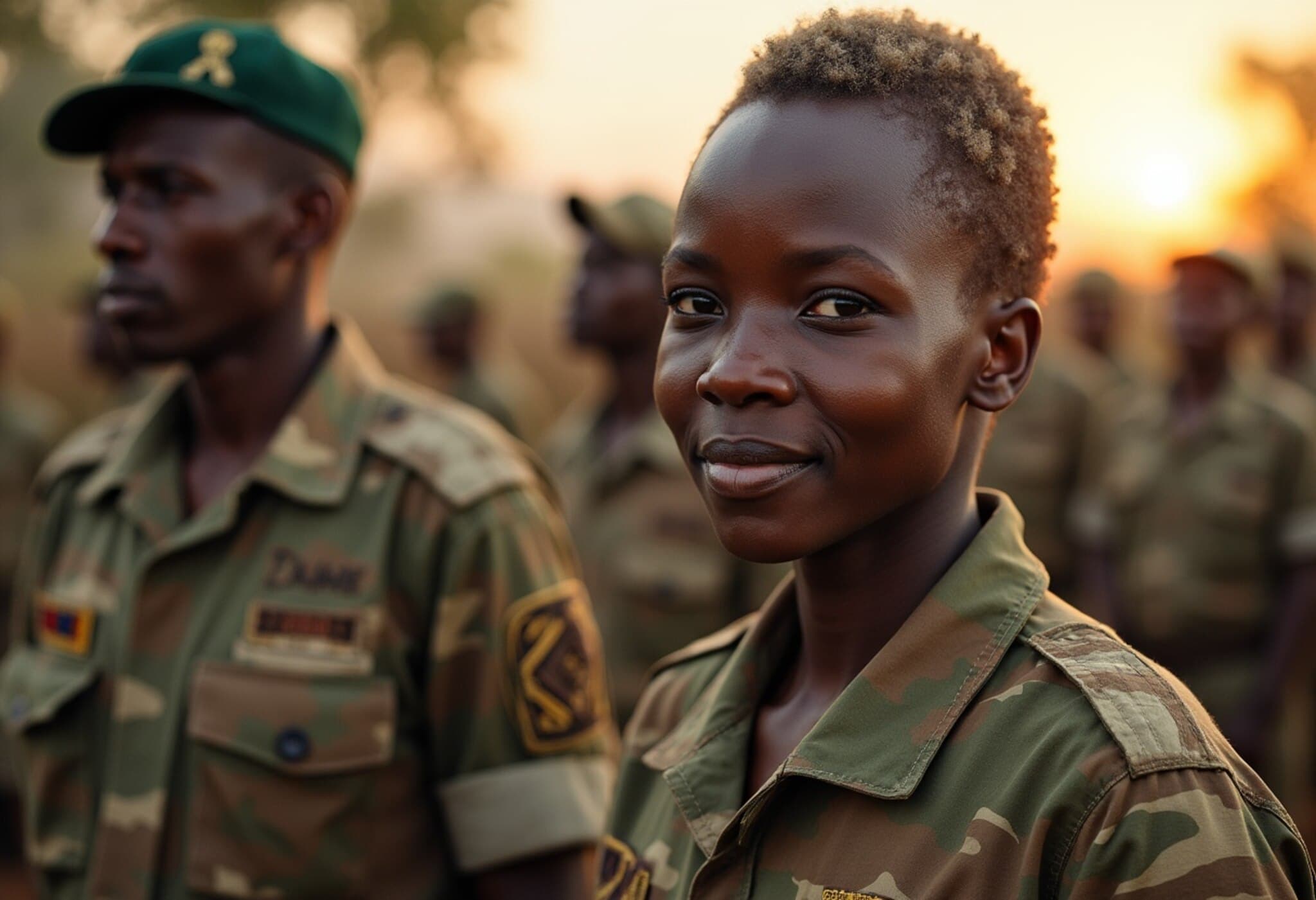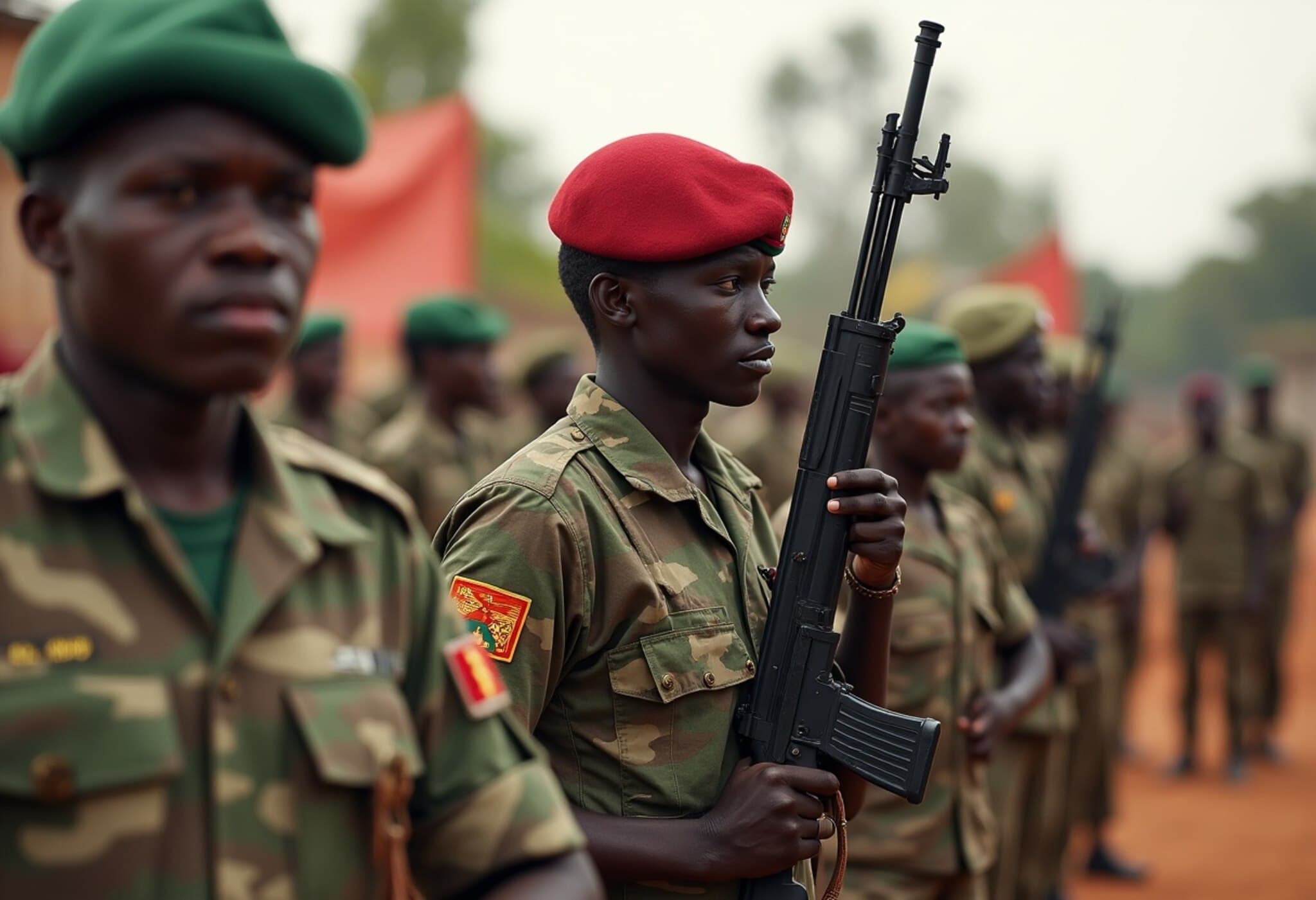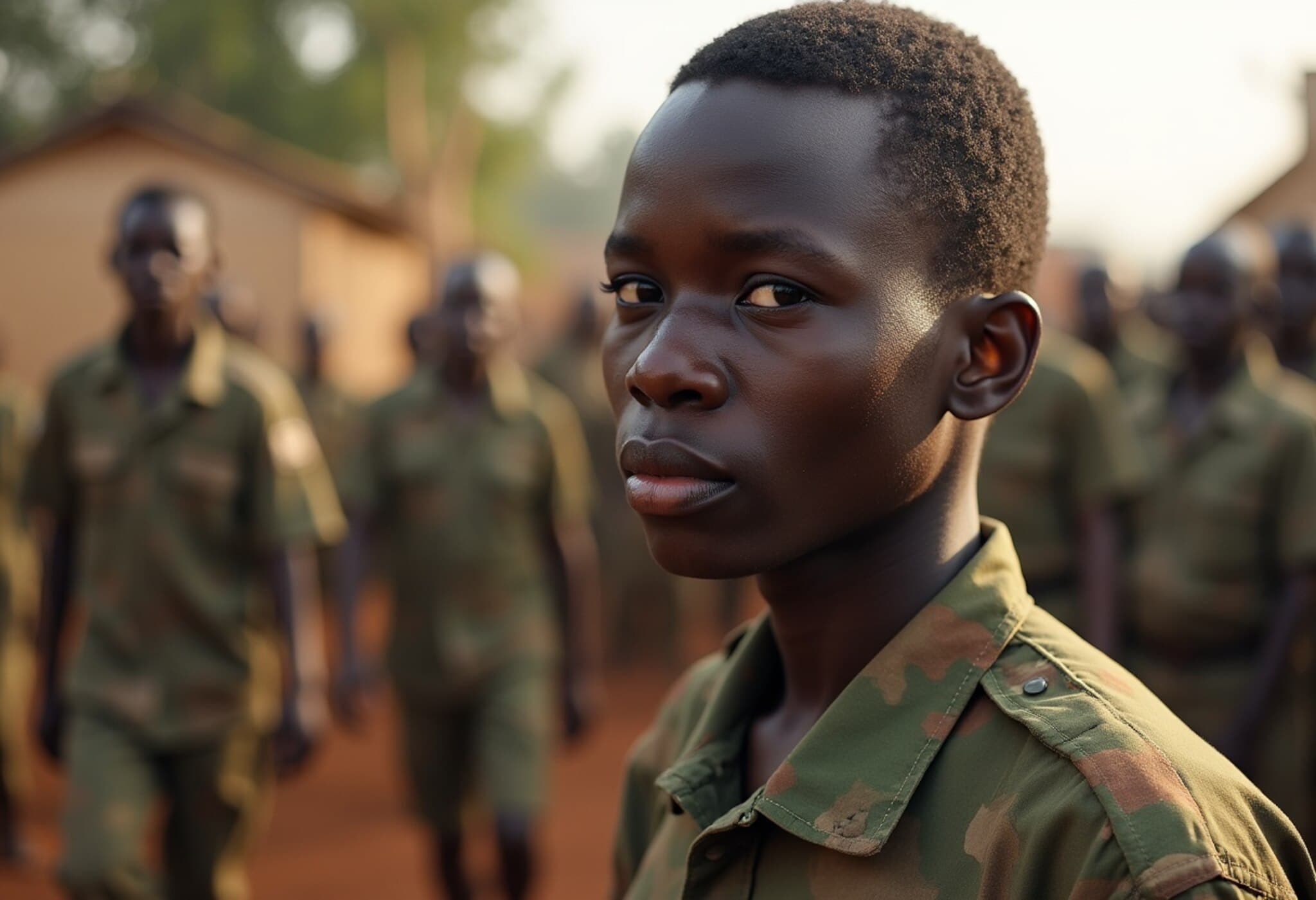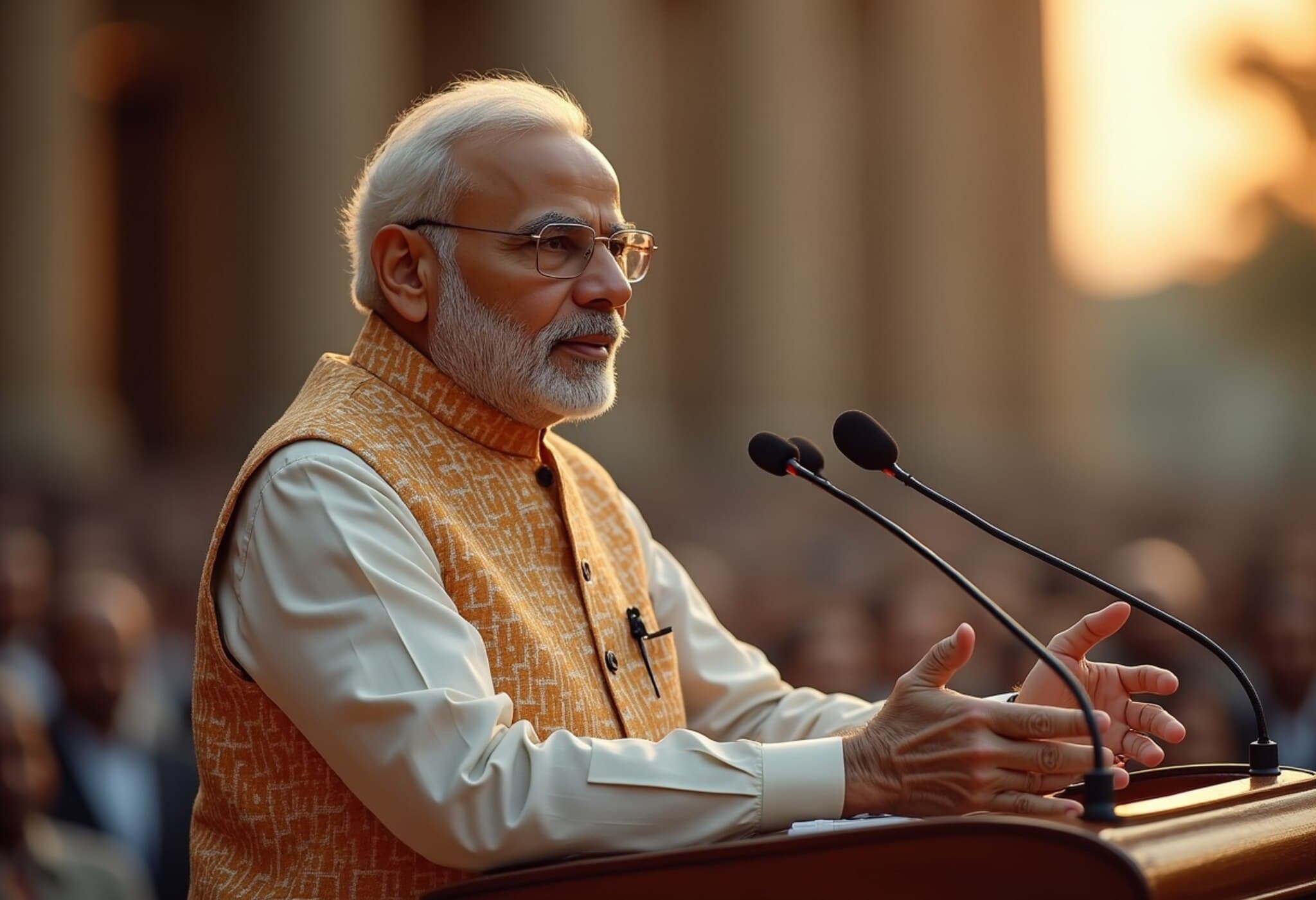New Ceasefire Negotiations Underway in Qatar Between DR Congo and M23 Rebel Group
Delegations representing the Democratic Republic of Congo (DRC) government and the M23 rebel movement have gathered in Doha, Qatar, to pursue critical peace talks aimed at securing a broader ceasefire in eastern Congo. A diplomat familiar with the process, speaking on the condition of anonymity due to the sensitivity of the discussions, confirmed the meeting on July 9, 2025.
Context: Fragile Peace After the Washington Agreement
These negotiations come in the wake of the June peace agreement signed in Washington between Rwanda and the DRC, designed to quell violence across the mineral-rich eastern provinces of Congo. However, the M23, a principal armed group fighting Congolese forces and supported by Rwanda according to United Nations reports, was notably absent from those talks. The rebels have since called for separate dialogue to address unresolved grievances and to formalize a ceasefire with Kinshasa.
The Stakes in Eastern Congo
Eastern Congo’s conflict, now stretching over three decades, remains one of Africa’s deadliest and most complex crises. For years, the region has been incubating persistent instability, fueled by ethnic tensions and competition over precious minerals. The M23's rapid offensive earlier this year resulted in the capture of key cities such as Goma and Bukavu, dramatically altering the security landscape.
Qatar’s Role and African Union Involvement
The ongoing Doha talks are heavily facilitated by Qatari mediators who are collaborating closely with the African Union. This partnership signals a growing recognition of the need for sustained, multilateral engagement to break the long-standing cycle of violence. The diplomat overseeing the negotiations emphasized, “This round of negotiations will be critical towards reaching an agreement.”
Unpacking the Conflict Dynamics
- M23 Rebels: Allegedly backed by Rwanda, the group has been accused by UN experts of receiving direct military assistance, including combat support.
- Rwanda’s Denials: Despite UN findings, Kigali continues to deny involvement, reflecting the complex regional dynamics and geopolitical sensitivities.
- Pro-Government Militias: Alongside Congolese government forces, various militias remain active, contributing to ongoing skirmishes and instability.
Regional Implications and the Path Forward
The protracted instability has had dire humanitarian consequences, displacing hundreds of thousands and perpetuating cycles of poverty and insecurity. Successful negotiations could open doors for broader peace efforts in Central Africa and bring relief to war-weary communities.
However, critical challenges remain: Will the talks produce a sustainable ceasefire including mechanisms that address root causes such as governance, resource control, and human rights? Can regional actors reconcile divergent interests to foster a lasting peace?
Editor’s Note
While these latest talks in Qatar represent a hopeful chapter, the DR Congo conflict is a mosaic of local, national, and international interests intersecting with historical grievances. Meaningful progress hinges not only on ceasefire agreements but also on deep political reforms and regional cooperation. Observers should watch whether these negotiations catalyze genuine peace or become another pause in a long-running struggle.

